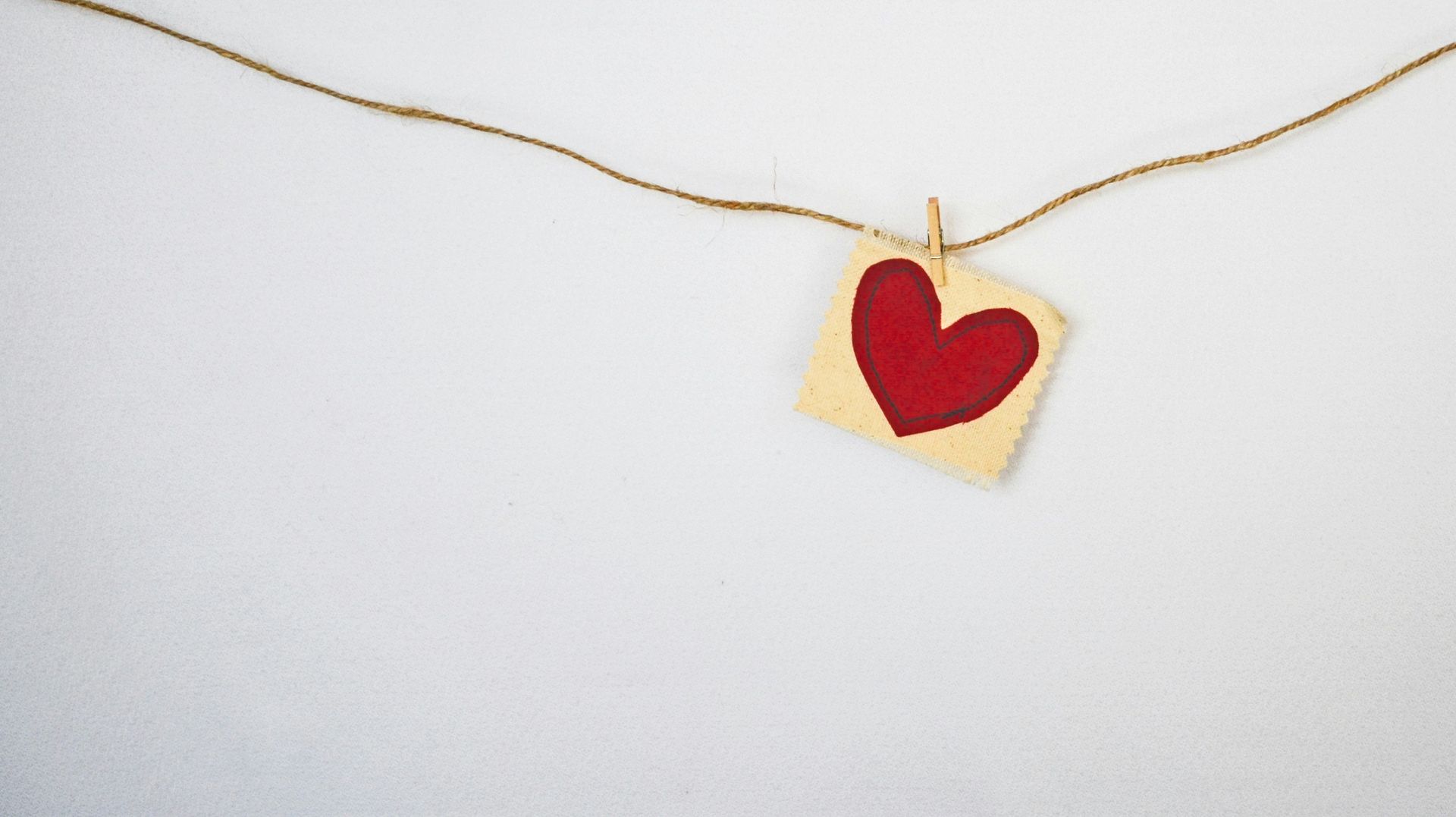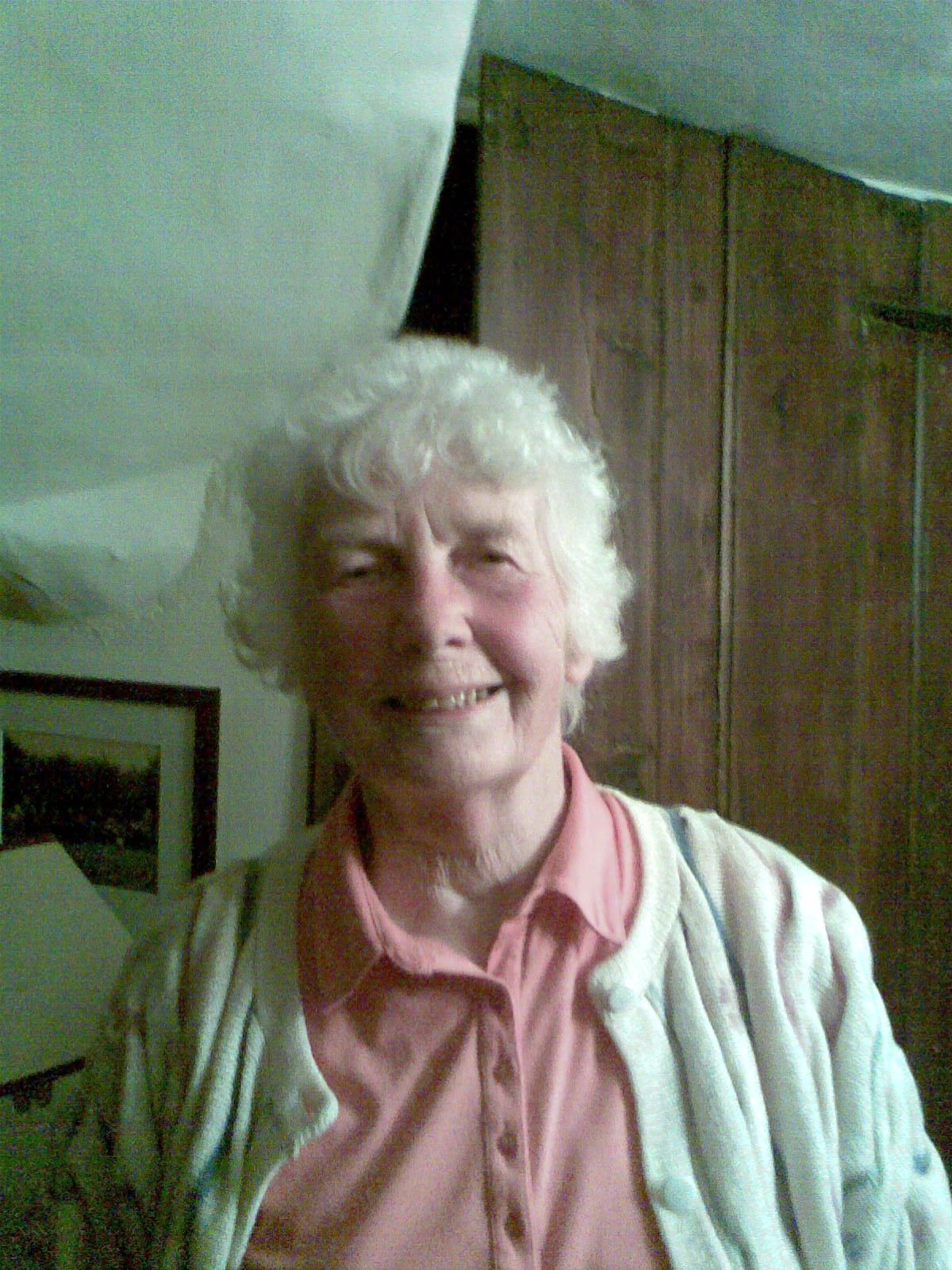 T.S Eliot wrote that April is the cruellest month. I’m not sure that I agree with him. I find January dispiriting if not cruel. November, at least in the UK, has bonfire night to look forward to. This is then followed by December and Christmas, which in its turn is followed by New Year. All events which keep the dullness at bay. We see friends and family whom we may not have seen for the rest of the year. We get to spend days with them, not just hours. (A pleasure when we like the company!) We meet them again and see how much or how little they-and we- have changed. If there are children, of course, their changes are more apparent. The jump from a baby in arms to a toddler is huge. So, too, the jump from gauche teenager to poised young adult. Then the visit is finished and all our lives go back to their previous pattern leaving mixed feelings. Sadness that people whom we like are not here but a relief at “getting our house back”.
T.S Eliot wrote that April is the cruellest month. I’m not sure that I agree with him. I find January dispiriting if not cruel. November, at least in the UK, has bonfire night to look forward to. This is then followed by December and Christmas, which in its turn is followed by New Year. All events which keep the dullness at bay. We see friends and family whom we may not have seen for the rest of the year. We get to spend days with them, not just hours. (A pleasure when we like the company!) We meet them again and see how much or how little they-and we- have changed. If there are children, of course, their changes are more apparent. The jump from a baby in arms to a toddler is huge. So, too, the jump from gauche teenager to poised young adult. Then the visit is finished and all our lives go back to their previous pattern leaving mixed feelings. Sadness that people whom we like are not here but a relief at “getting our house back”.
It is this mixed state of mind that dusk represents. I prefer the word “twilight” since it carries with it a sense of light and darkness simultaneously. Dusk has a more distinct feel of “thin darkness”. (This distinction is borne out by the roots of both words- dusk being associated with darkness whilst twilight retains a sense of there still being light around.) I find January to be a twilight month. The days are very slowly getting longer, but it is still a long way to Spring. Work has started but it is not in full swing. Some Christmas food is still in the fridge but pasta is slowly replacing Turkey. The house still has its Christmas tree up but the needles are dropping. It is an alone time. There is no comforting Christmas warmth nor yet the hard cleanness of Winter. (One can quite see why animals hibernate!)
It is this “aloneness” that has caught me this month. I am struggling to tolerate it without sinking into melancholy which is more than usually present this year- for a variety of reasons. The psychoanalyst Donald Winnicott wrote “The relationship of the individual to his or her internal objects, along with confidence in regard to internal relationships, provides of itself a sufficiency of living, so that temporarily he or she is able to rest contented even in the absence of external objects and stimuli.” (The Capacity to be Alone 1958) What Winnicott is saying in slightly technical language is that our ability to be by ourselves rests on the quality of our inner life. If we have a good, strong sense of “self” then being alone does not become threatening to us. We know who we are and that we can exist alone-certainly for a limited time. C.S. Lewis wrote of Narnia that it was always Winter and never Christmas- because the White Witch had frozen everything. This is Freud’s melancholia writ large.
And the only way to avoid melancholia is to freeze anything that lives, moves or feels. To paralyse anything that might threaten my equilibrium. But as the White witch found in Narnia, there is always Aslan waiting to restore hope and feeling. (Which is what we call Life-messy, painful, worrying but Alive.) So, as the Jewish toast has it “L’Chaim”- to Life!
Don't give up







